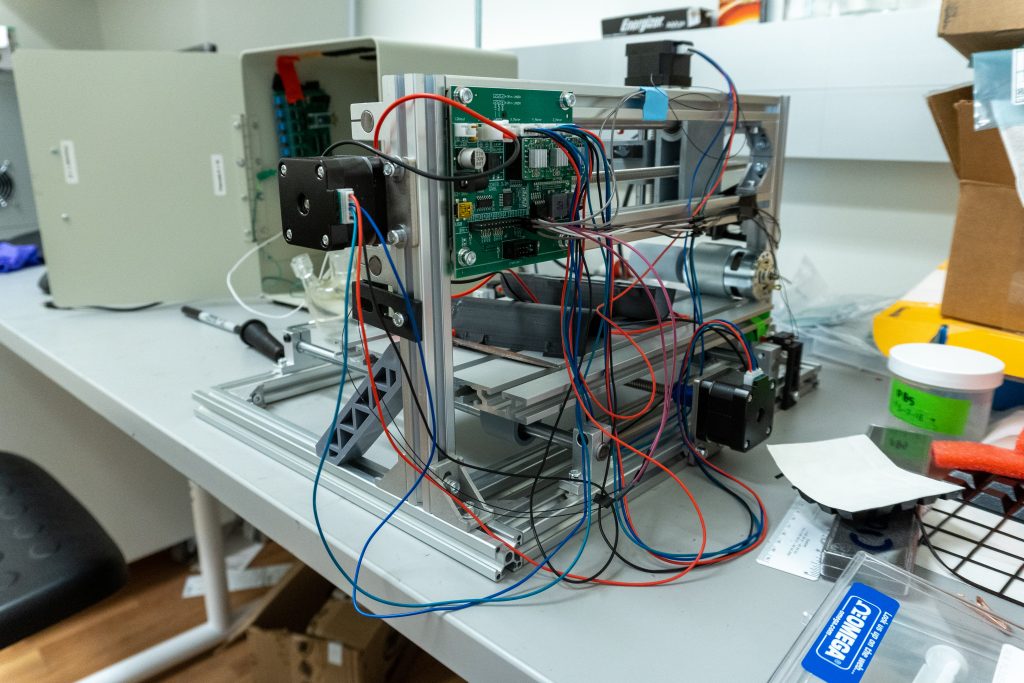Bio-medical alumnus studies in MIT-Harvard Health Sciences Ph.D. program, plans to work with medical devices in future
UTD graduate Sydney Sherman is the first student to become a Phi Kappa Phi 1897 fellow. The fellowship grants her $35,000, which she plans on putting toward her Ph.D.
The 1897 fellowship is named for the year Phi Kappa Phi, the oldest all-discipline honor society in the U.S., was established. Sherman is currently a Ph.D. student at the Harvard-MIT Program in Health Sciences and Technology. The biomedical engineering graduate and former McDermott scholar said she has always been passionate about science and learning.
“I was lucky that I grew up on a small farm and my mom was always really encouraging in letting me explore my interests,” Sherman said. “When I was growing up I would collect different skeletons I would find in the woods on our property and learned how to preserve them and I used them to learn about anatomy. That got me interested in science and from there it kept going.”
She began her undergraduate research career as a research assistant in Walter Voit’s advanced polymer research lab, working on spinal cord stimulators after hearing him speak at the Collegium V round table series.
“I started in Dr. Voit’s lab my freshman year and I didn’t have much of an idea of what I liked. I’m one of those people where everything sounds interesting so there wasn’t anything I didn’t want to do,” Sherman said. “I worked with a graduate student … we worked on developing a stimulator. That was a collaboration project with Cornell which was great because my freshman year summer I went and worked on the same project but at Cornell. UTD fabricates the actual devices and then at Cornell we implanted them in rats and tested them so I got to see both ends of a larger project, which was pretty cool.”
Sherman researched a wide variety of topics and switched labs in her junior year, working as an undergraduate research assistant in associate provost and bioengineering professor Joseph Pancrazio’s neural networks and interfaces lab.
“I was culturing neuron cells and using cultured cells as a model for looking at neurodegenerative diseases and how it affects the electrical activity of a cell culture,” she said.
Sherman said she was encouraged by Douglas Dow, associate dean of Collegium V Honors and clinical professor of government and politics, to apply for the fellowship.
“I wasn’t really sure I was going to apply. I didn’t think I’d be competitive enough to get some of these bigger awards and then Dr. Dow asked if I was going to apply,” she said. “I put in an application and I got selected for the school competition. Then (Dr. Dow) worked with my application and made sure it was presented in the best way.”
Sherman said she looks forward to getting her degree and learning more about her field as she completes her program.
“I’m just starting my Ph.D. so I’m not sure what lab I’ll be working in yet, but when I graduate I plan on going into industry and working for one of the medical device companies, although that’s five years away so maybe by then my plans might change,” Sherman said.

Leave a Reply